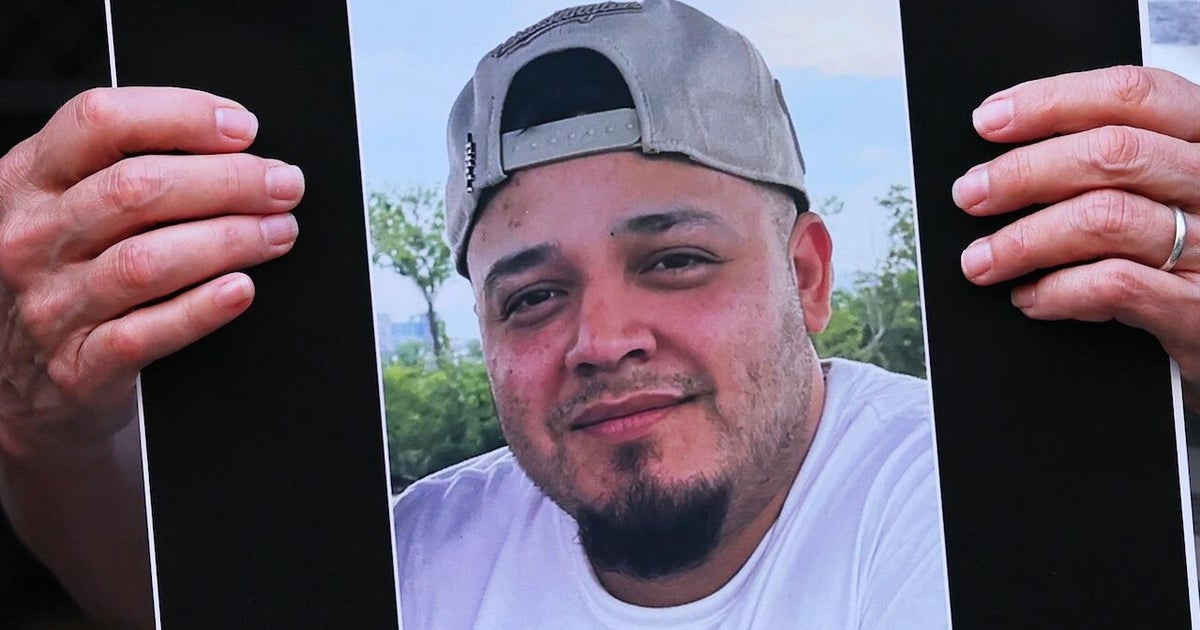In Washington, a legal battle emerges as the Trump administration reportedly utilizes the state secrets privilege in a controversial case involving the deportation of Kilmar Abrego Garcia to El Salvador, and subsequent complexities in orchestrating his return to the United States.
Kilmar Abrego Garcia, a native of El Salvador, arrived in the United States illegally in 2011 and had been residing in Maryland. In 2019, he was granted a withholding of removal — a form of legal protection that barred the U.S. government from deporting him back to El Salvador due to a potential threat of persecution from local gangs. Despite this protection, a significant administrative error resulted in Garcia’s deportation to El Salvador in March, where he was initially placed in the notorious Terrorism Confinement Center (CECOT), a facility intended for incarcerating individuals linked to violent extremist activities.
The Trump administration’s decision to deport, and the erroneous inclusion of Garcia in a deportation program targeting gang affiliation, swiftly prompted legal action from his attorneys. They argued that Garcia had no history of criminal activity or gang affiliation, either in the U.S. or El Salvador, and that his deportation was not only a mistake but a grave breach of his legal rights.
The unfolding legal dispute significantly escalated when the Justice Department indicated in various filings that it aimed to invoke several privileges to withhold information essential for Garcia’s case. These included the attorney-client privilege, state secrets privilege, and certain executive privileges. The Justice Department’s move suggests they are protecting sensitive information that, if disclosed, might harm national security or intrude on deliberative processes of the executive branch.
During legal proceedings, U.S. District Judge Paula Xinis highlighted the gravity and urgency of the situation. She mandated the Trump administration to provide a robust legal basis for invoking these privileges, especially as it pertained to the withheld documents that Garcia’s legal team sought access to. The court scheduled a hearing and imposed deadlines to ensure that the matter was addressed expeditiously, reflecting the serious implications of the case on Garcia’s rights and the administration’s accountability.
Judge Xinis also ordered the administration to facilitate the expeditious discovery process to help rectify the alleged wrongful deportation of Abrego Garcia. This included directives to complete depots of several Homeland Security and State Department officials, signaling a thorough judicial review of the actions taken in Garcia’s deportation.
The complexities of the case didn’t end with the bureaucratic and legal errors that led to Garcia’s deportation. Following his release from CECOT, Garcia was transferred to a lower-security facility in Santa Ana, still far from home and under restrictive conditions. The State Department acknowledged his plight, yet President Trump and other top officials maintained that the decision to release Garcia fully rested with Salvadoran authorities, despite his wrongful deportation being recognized as an administrative error by U.S. immigration officials.
Throughout the ordeal, high-level claims were made against Garcia, including assertions from confidential informants and Trump administration officials suggesting that he was affiliated with MS-13, a notorious gang. These claims were vehemently disputed by Garcia’s legal representatives, who insisted on his innocence and the lack of legal conviction or credible evidence supporting these allegations.
This case epitomizes the troubling issues at the intersection of immigration enforcement and human rights, with Kilmar Abrego Garcia’s plight illuminating broader concerns about due process, executive power, and the use of state secrets privilege in immigration matters. The invoked privileges and the administration’s handling of this case raise critical questions about transparency and accountability in governmental operations affecting individual liberty and justice.
As the court hearings and legal proceedings progressed, the broader implications of the case, including its impact on U.S.-Salvadoran relations and the treatment of deported individuals, remained a point of contention and crucial discussion in the realm of international law and human rights.
This ongoing legal battle not only underscores the complexities and potential missteps in immigration policies and enforcement but also highlights the essential role of the judicial system in upholding constitutional rights and ensuring justice, even amidst claims of national security and administrative confidentiality.









